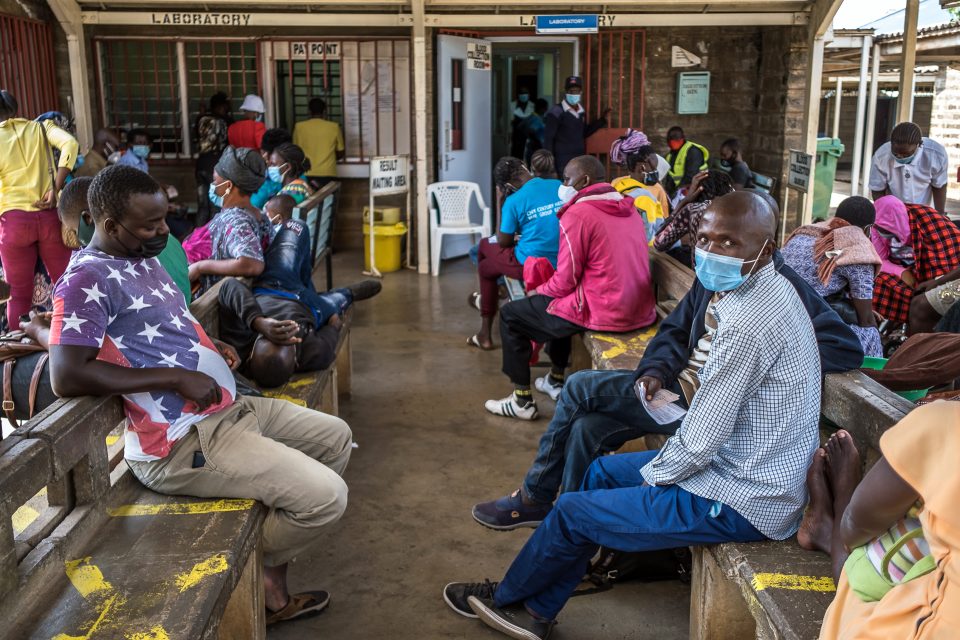NAIROBI, Kenya — Africa has just had its “worst pandemic week ever,” the World Health Organization said Thursday. The continent is short of vaccines, and the virus is sickening its young people and overwhelming its already fragile health care systems.
More than 251,000 new cases were reported in Africa in the week ending July 4, a 20% increase from the previous week, according to Dr. Matshidiso Moeti, the WHO regional director for Africa.
For several weeks now, the continent has been experiencing a brutal wave of infections driven by the more contagious delta variant, which is increasing hospitalization and fatalities, filling intensive care unit beds, depleting oxygen supplies, and pushing governments to institute new lockdown measures.
Sixteen African countries are reporting a resurgence in infections, with Malawi and Senegal added to the list this week. New case counts are doubling every 18 days, Moeti said, and have been rising for seven straight weeks.
“A few weeks ago, we projected this milestone would be reached shortly, and it brings me no joy to be right,” Moeti said at a news conference Thursday. “For Africa, the worst is yet to come,” she warned. “The end to this precipitous rise is still weeks away.”
A third wave of the pandemic is ripping through countries mainly in southern and eastern Africa, and one country in North Africa — Tunisia — is experiencing its fourth wave.
Namibia, a nation of just over 2.5 million people, has been recording more than 1,000 new cases a day, and several senior government officials have succumbed to the virus. A spike in cases in Zambia has pushed the government to restrict social gatherings and close schools.
In Uganda, which was praised for its initial coronavirus response, hospitals have been stretched thin, with some patients racking up huge medical bills. Rwanda restricted movement in its capital late last month, and Kenya instituted partial lockdowns and extended curfew hours in more than a dozen counties where the delta variant was contributing to surges.
Many African countries continue to face challenges in detecting and sequencing virus variants, Moeti said. Testing and tracing remain limited as well: In a continent of 1.3 billion people, just over 54 million COVID-19 tests have been conducted, according to Dr. John Nkengasong, the director of the Africa CDC.
But the biggest challenge has been vaccination. With just over 53 million doses administered, only about 1% of Africa’s population is fully vaccinated.
African officials have accused wealthy nations of hoarding vaccine doses while millions of Africans remain vulnerable. Most African countries are dependent on the COVAX vaccine-sharing initiative, which has been severely hampered by the Indian government’s decision in April to hold back doses manufactured there for domestic use and restrict exports.
As cases surge in Africa, some wealthy nations have begun donating vaccine doses to nations on the continent. And as more supplies come in, health officials are urging African countries to prepare to receive and administer the doses quickly.
“Governments and partners can do this,” Moeti said, “by planning to expand vaccination sites, improving cold chain capacities beyond capital cities, sensitizing communities to boost vaccine confidence and demand, and ensuring operational funding is ready to go when it is needed.”
This article originally appeared in The New York Times.


